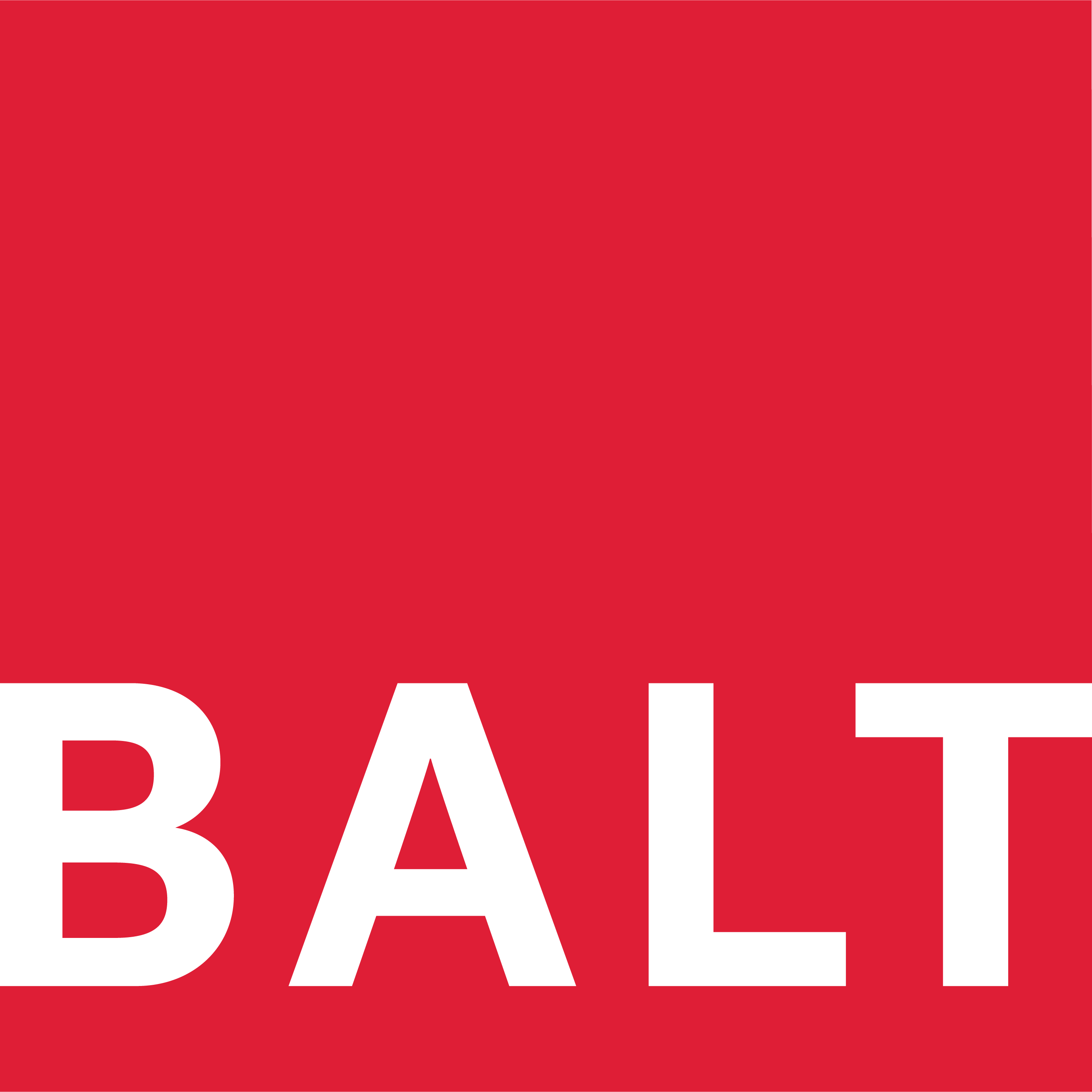Waste auditing
Waste auditing is a critical process for improving sustainability and efficiency. It involves systematically examining resource usage and management practices to identify opportunities for improvement.
Waste auditing is a critical process for improving sustainability and efficiency. It involves systematically examining resource usage and management practices to identify opportunities for improvement.
A sustainable business model integrates principles that reduce waste, encourage reuse, and promote the regeneration of natural systems.
Navigating the financial aspects of transitioning to a circular economy can be challenging for SMEs (small to medium-sized businesses) with limited capital.
Templates Audit Checklist templateWaste Survey WorksheetWaste Survey CalculatorAction_Plan-Gantt_ChartA3 Problem Solving templateCause and Effect WorksheetSet Meeting Agenda templateCompany ProfileRequest for Information templateAudit Report template with guidelinesAudit Plan template Fact sheets Fact sheet – Conducting an auditFact sheet – Lifecycle AssessmentFact sheet – Financing CE InnovationFact sheet – Sustainable Business ModelsFact sheet – Resource EfficiencyFact sheet – […]
LCA helps us understand the complete picture of how a product impacts our planet, allowing businesses and consumers to make more environmentally responsible choices.
Mitchell Plastic Welding (MPW) is at a pivotal stage in establishing a vertically integrated closed-loop plastic manufacturing system in Tasmania.
The Reuse Shed aims to divert metals from reprocessing and extract greater value from the embedded energy in its existing form by up-cycling, reusing, and repurposing it in practical and creative ways.
The New Black biochar production company grew from an idea to produce biochar from sawmill waste and use the heat generated for drying green timber.
Frank Strie from Terra Preta Developments formed a working group with Geoff Watson of CPT Engineering to establish a Biochar Living Lab and Lighthouse in George Town.
Join the community “We are very efficient at many things already because stinginess is a waste-fighting superpower!” Karina DambergsCidermaker, Red Brick Road Ciderworks “I had really good engagement from staff. Everyone wants to be a part of the solution.” Anna RobertsonGeneral Manager, Bridestowe Lavender Estate “I learned a lot from other set members, who had […]
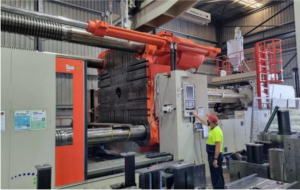
Mitchell Plastic Welding (MPW) is at a pivotal stage in establishing a vertically integrated closed-loop plastic manufacturing system in Tasmania.
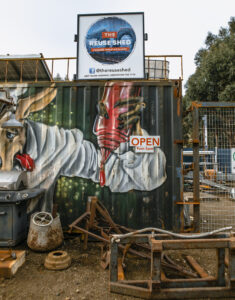
The Reuse Shed aims to divert metals from reprocessing and extract greater value from the embedded energy in its existing form by up-cycling, reusing, and repurposing it in practical and creative ways.
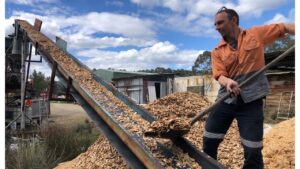
The New Black biochar production company grew from an idea to produce biochar from sawmill waste and use the heat generated for drying green timber.
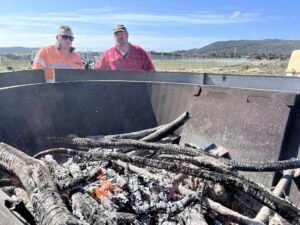
Frank Strie from Terra Preta Developments formed a working group with Geoff Watson of CPT Engineering to establish a Biochar Living Lab and Lighthouse in George Town.
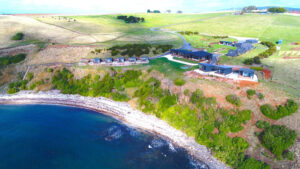
The Cove Tasmania is a family-run tourism venture that has evolved from a glamping concept into an award-winning eco-resort.
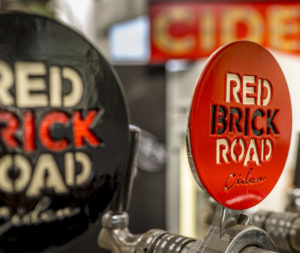
Red Brick Road Ciderworks generates very little residual waste during production. Waste cider from spill trays is collected at all venues and events and the owners saw an opportunity to ‘up-cycle’ this waste by distilling it into gin.
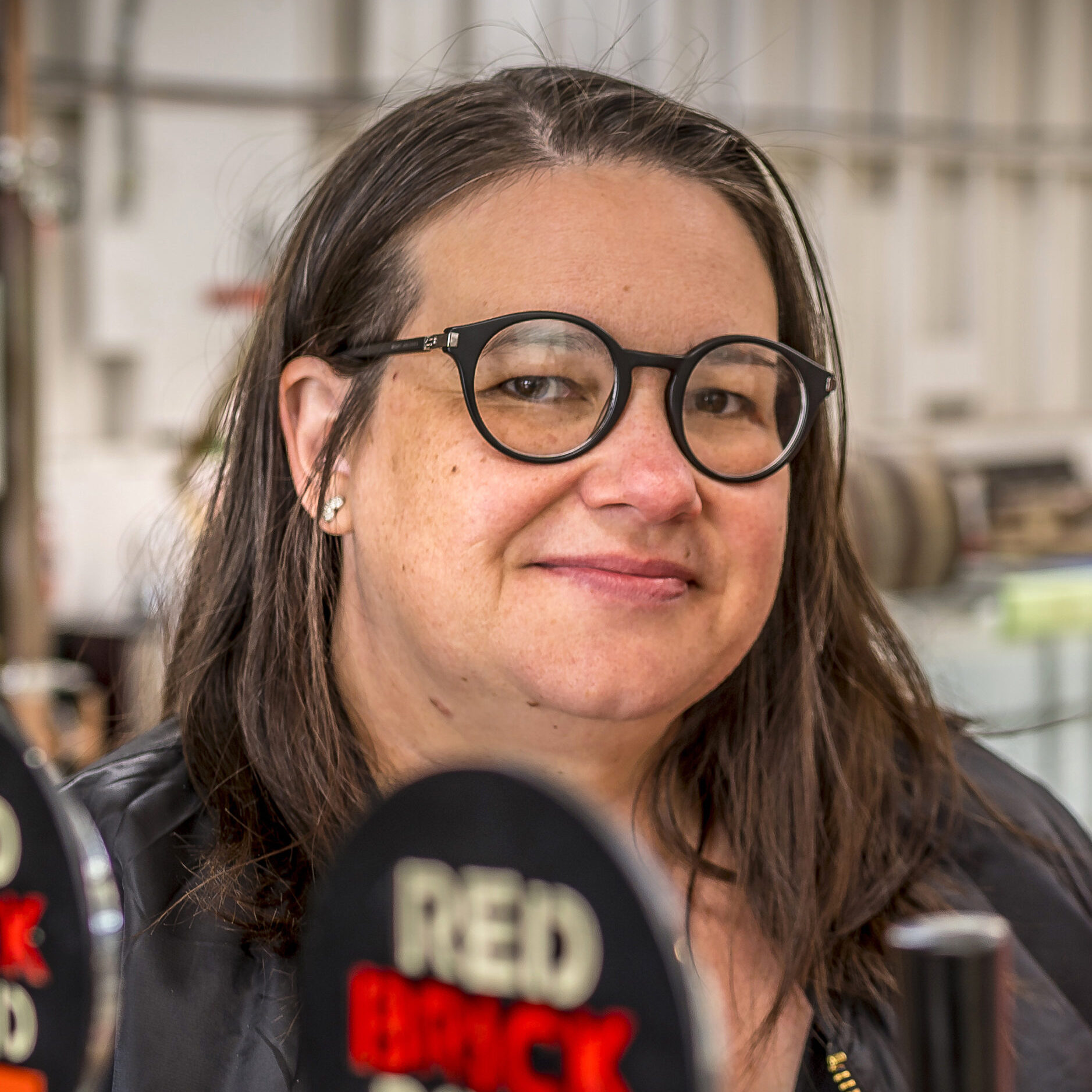


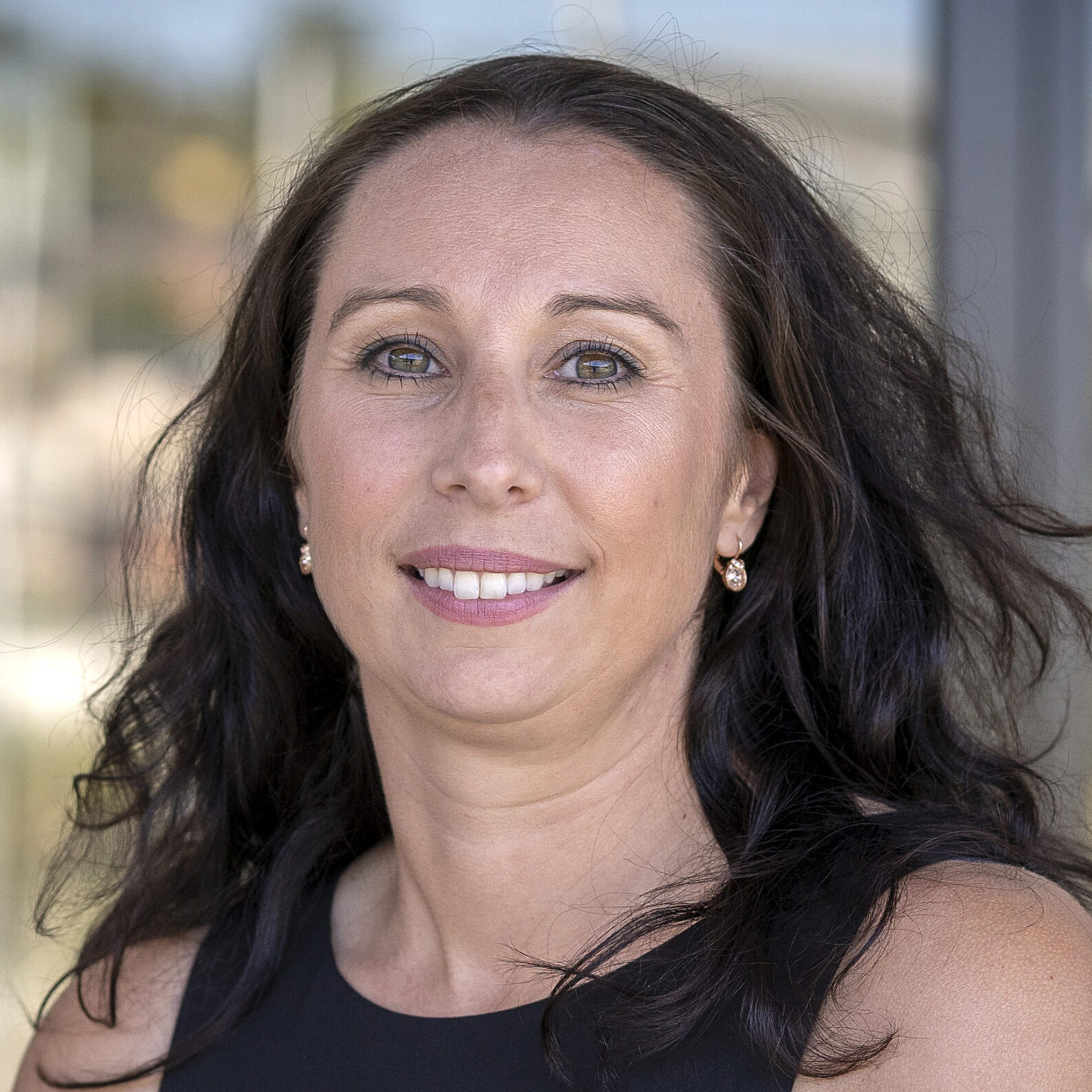

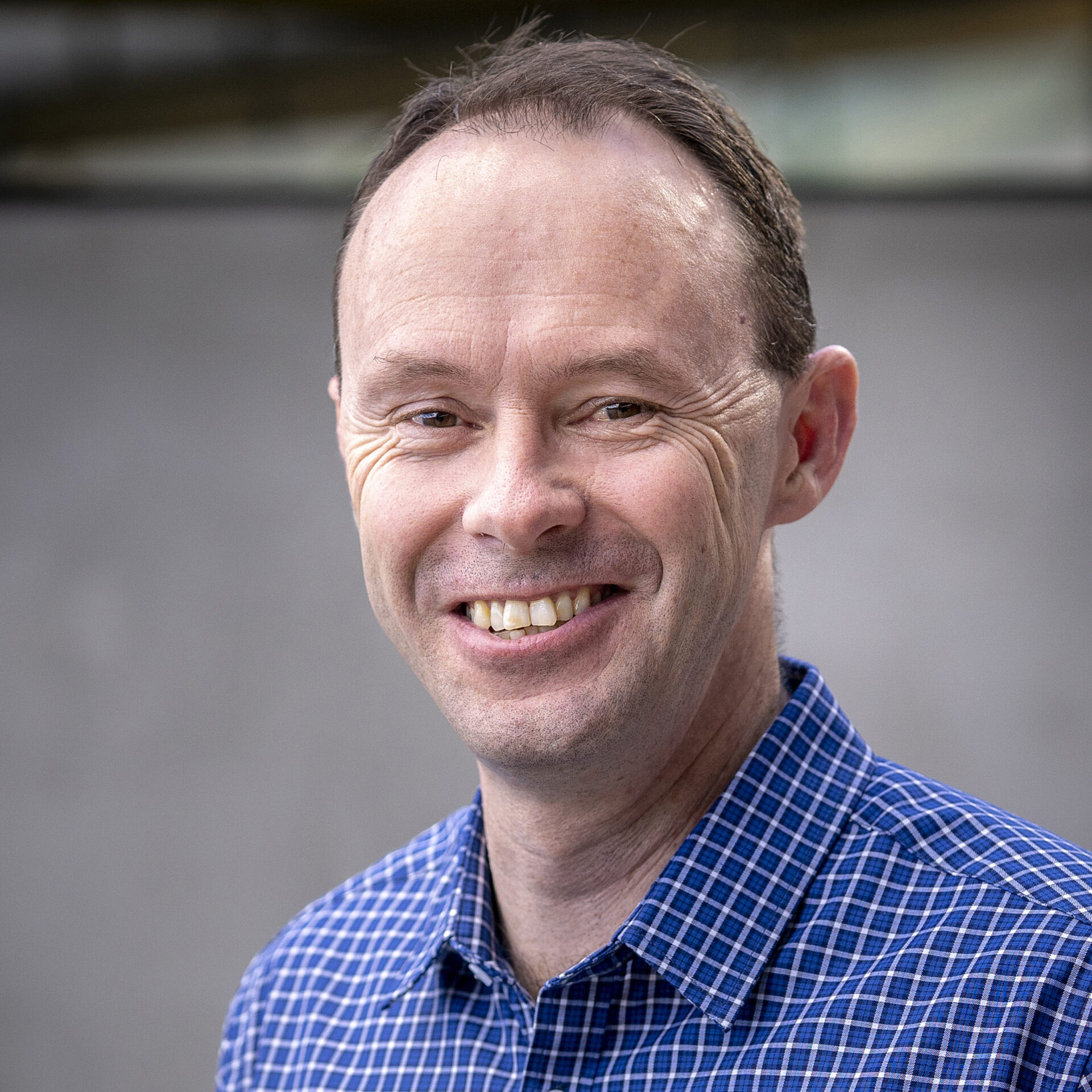




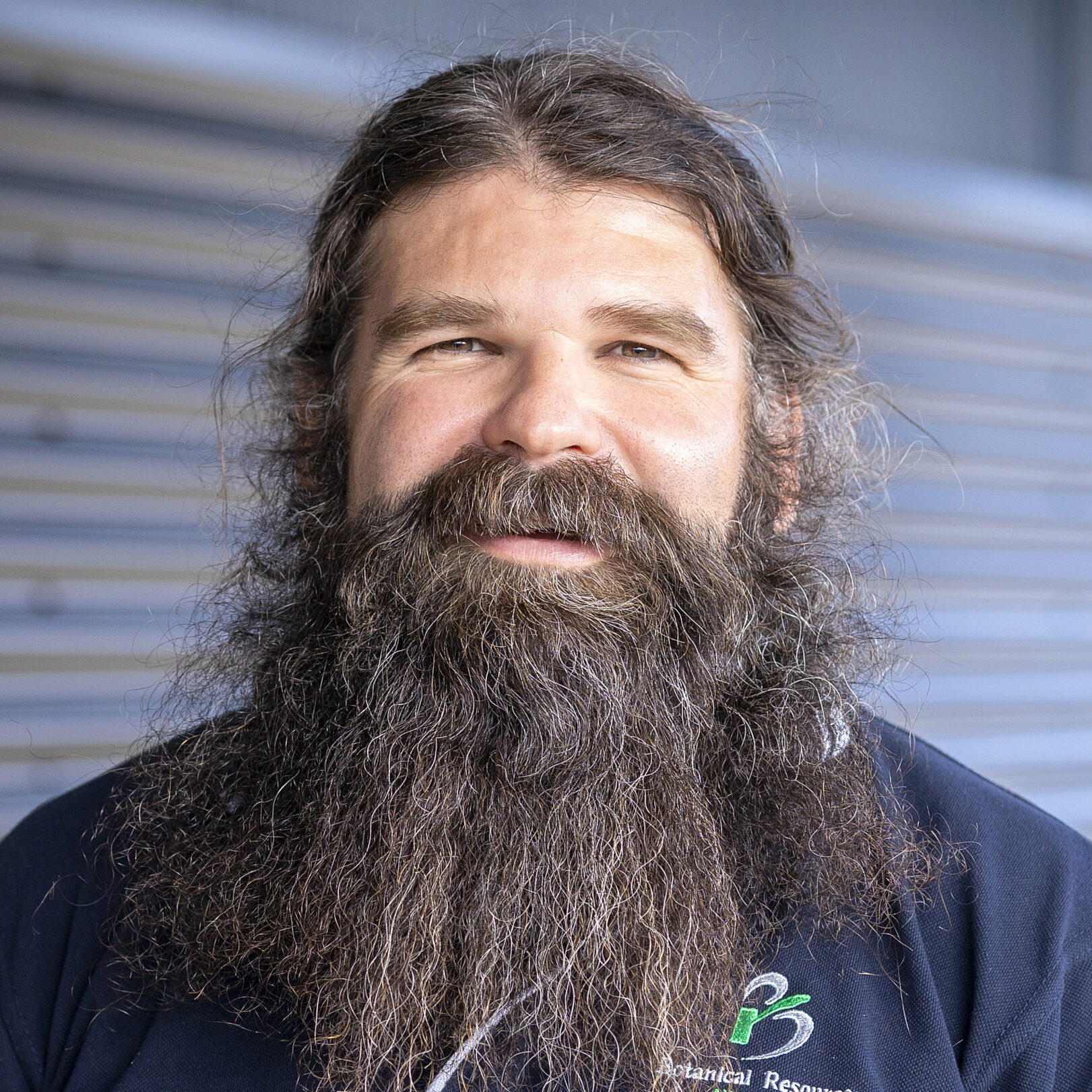

The Business Resource Efficiency Program is delivered by BALT in partnership with the Tasmanian government.
